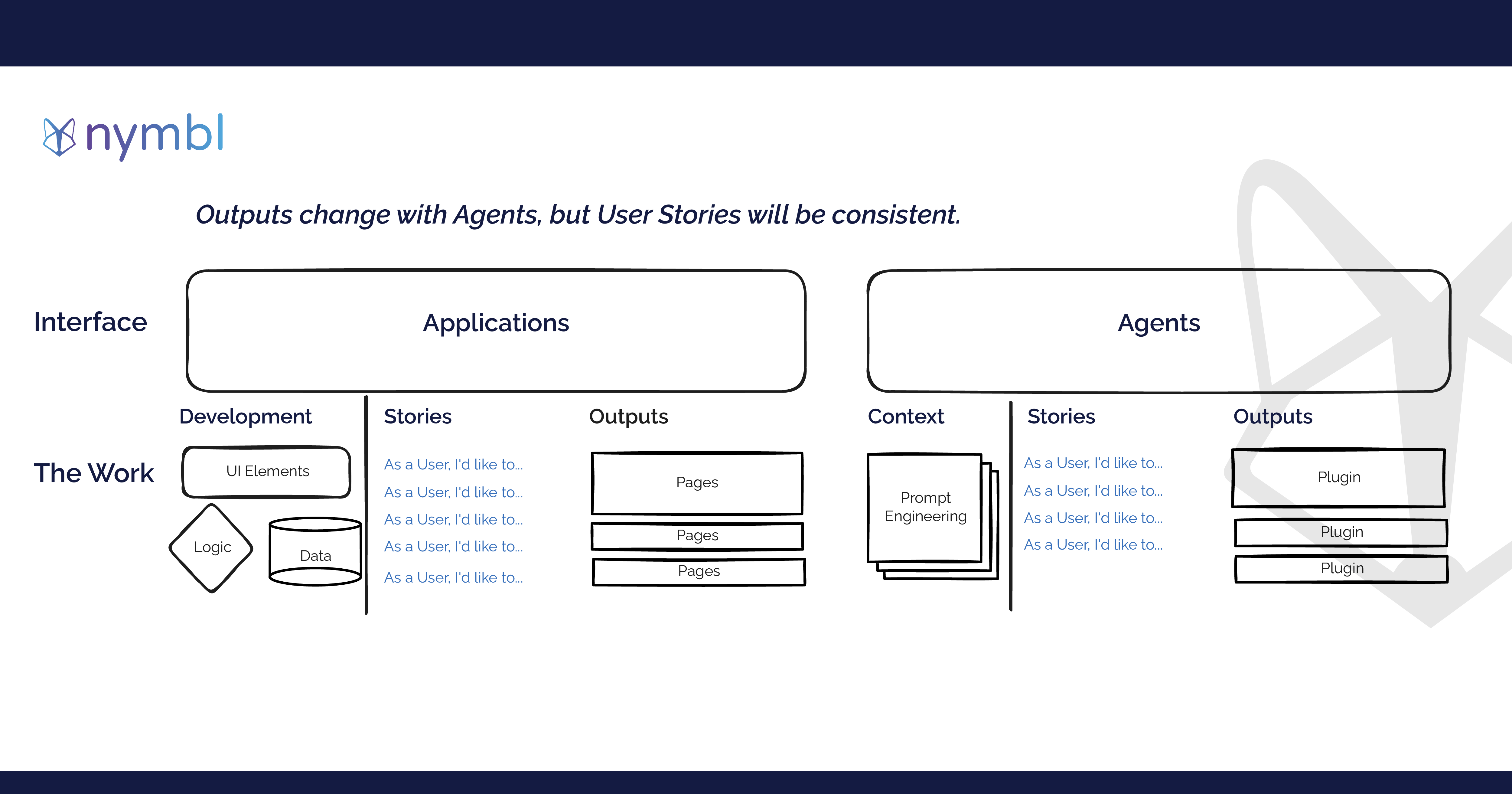What Is Low-Code and No-Code (LCNC) Development? A Comprehensive Guide from Nymbl
The world of software development has undergone a significant transformation over the last few years. With the advent of low-code and no-code (LCNC) development platforms, businesses and individuals can now build complex software applications with minimal or no coding skills. This has led to a rise in citizen developers, non-technical users who create applications and software programs outside of engineering or IT departments. In this article, we'll take a deep dive into LCNC development and its various components.
What is Low-Code Development?
Low-code development refers to a software platform that allows users to build custom applications using pre-built templates, drag-and-drop features, and other visual tools. These platforms typically require some coding knowledge, but not to the extent that traditional software development does. Low-code development tools are perfect for businesses that want to create simple applications quickly, automate tasks, and improve internal workflows.
What is No-Code Development?
No-code development, on the other hand, refers to a software platform that allows users to build applications and software programs without any coding skills. No-code development platforms use visual tools, pre-built templates, and drag-and-drop features to make the app-building process easier. No-code development is perfect for businesses that want to build custom applications without the need for technical skills.
Citizen Developers and LCNC Development
Citizen developers are non-technical users who create applications and software programs using low-code and no-code development platforms. Citizen developers can come from all parts of an organization, from marketing and sales to HR and finance. Citizen developers are becoming increasingly important as businesses seek to innovate and improve their processes. LCNC development platforms enable businesses to leverage the expertise of these citizen developers, who are closer to the business processes and can identify areas for improvement.
The Benefits of LCNC Development
There are many benefits to LCNC development, including:
- Speed: LCNC development allows businesses to build applications and software programs quickly, often in a matter of hours or days.
- Cost: LCNC development is often more cost-effective than traditional software development, as it requires fewer resources and less time.
- Flexibility: LCNC development platforms are highly flexible and can be customized to suit the needs of individual businesses.
- Collaboration: LCNC development platforms enable collaboration between teams and departments, allowing for a more integrated and streamlined approach to application development.
Examples of LCNC Development Platforms
There are many LCNC development platforms available in the market today, some of which include:
- Bubble.io: A no-code development platform that allows users to build web applications and mobile apps without any coding skills.
- Microsoft Power Apps: A low-code development platform that allows users to build custom applications using pre-built templates and visual tools.
- Zapier: A no-code development platform that enables users to create automated workflows between different software applications.
- Airtable: A no-code development platform that combines the features of a spreadsheet with a database to create custom applications.
Conclusion
LCNC development is transforming the way businesses approach software development. With low-code and no-code development platforms, businesses can build applications and software programs quickly, cost-effectively, and with minimal or no coding skills required. This has led to a rise in citizen developers, who are becoming increasingly important as businesses seek to innovate and improve their processes. So, whether you're a small business owner or an enterprise, LCNC development has something to offer.
Services:
Enterprise Mobile App Development
Enterprise Web App Development









